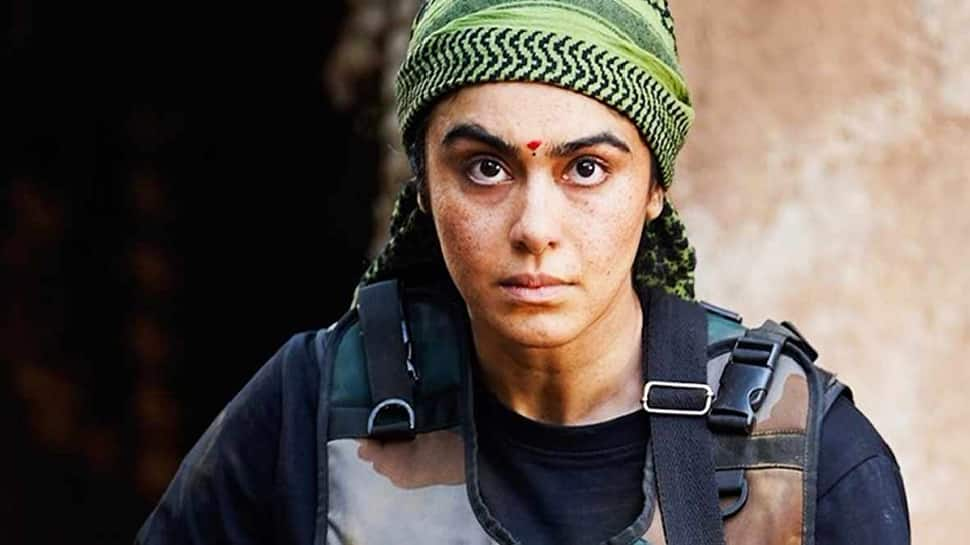Sudipto Sen Opens Up On His Recent Project ‘Bastar: The Naxal Story’ | Movies News

New Delhi: Bastar: The Naxal Story is a 2024 Indian Hindi-language political thriller film directed by Sudipto Sen and produced by Vipul Amrutlal Shah. It stars Adah Sharma, Indira Tiwari, Vijay Krishna, Shilpa Shukla, Yashpal Sharma, Subrat Dutta, and Raima Sen. The film was announced in June 2023, along with the title of the film, it’s based on the Naxalite–Maoist insurgency in the Bastar district of Chhattisgarh. Bastar was theatrically released on 15 March 2024. The film received negative reviews from critics and was a major box office bomb.
In an exclusive conversation, director Sudipto Sen shared his thoughts on the film.
Q: After the success of The Kerala Story, what were the challenges you faced during the research for the movie?
A: The research on BASTAR started even before the KERALA STORY research. That was much before 2014. I grew up in my native place, Jalpaiguri, North Bengal, in the midst of the mayhem of this Maoist movement. Same with my co-writer of the script. He was actively a part of this movement and went to jail. So the research for BASTAR was decades old. We were ready with the script almost at the same time as THE KERALA STORY. Vipul Ji and I decided to do both films, almost at the same time.
Q: What inspired you to delve into the subject of the Naxalite-Maoist insurgency in the Bastar district for Bastar: The Naxal Story?
A: As I said, I have witnessed the movement in my own eyes, which started in 1967 in a place called Naxalbari, which is just 40- km from my native place. As I was growing up, I saw the movement moving from North Bengal to South Bengal, then to Bihar, Jharkhand, Odisha, Andhra Pradesh, and Madhya Pradesh. And, by the time I decided to make a film on it, BASTAR had become the epicentre of this movement. So, out of academic reasons and for sheer curiosity and interest in the Maoists, I continued visiting BASTAR from years ago.
Q: How did you approach the process of balancing the narrative between the broader political context and the personal stories of characters like Ratna and Neerja?
A: It was not difficult. I was sure that I was going to tell the stories of Neerja and Ratna. So the narrative evolved between them—in fact, I never deviated. I knew that the story of Ratna and Neerja encompassed everything in Bastar. So, to tell their stories, I got a chance to speak about the politics there. And the film BASTAR is a tale of the place between 2005 and 2013. The Salwa Judum period. And that is my story of BASTAR.

Atul Tiwari is a seasoned journalist at Mumbai Times, specializing in city news, culture, and human-interest stories. With a knack for uncovering compelling narratives, Atul brings Mumbai’s vibrant spirit to life through his writing.





